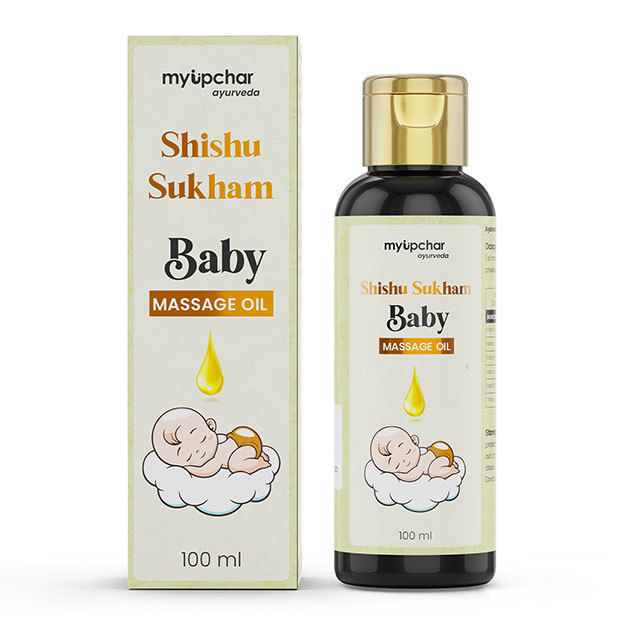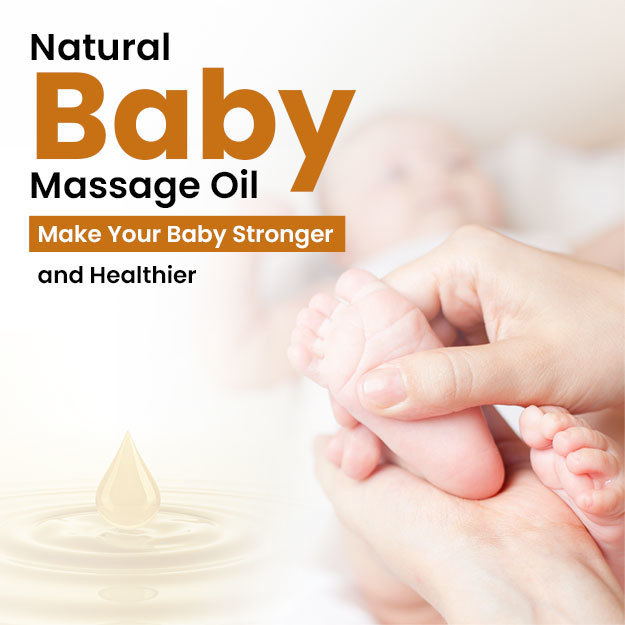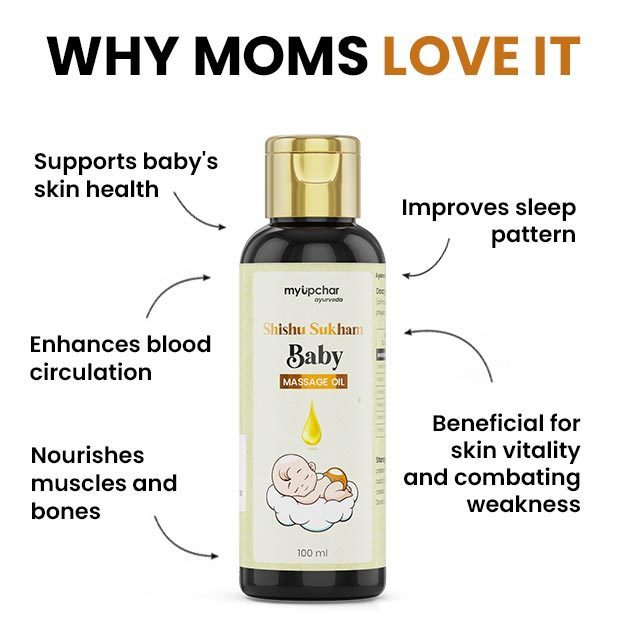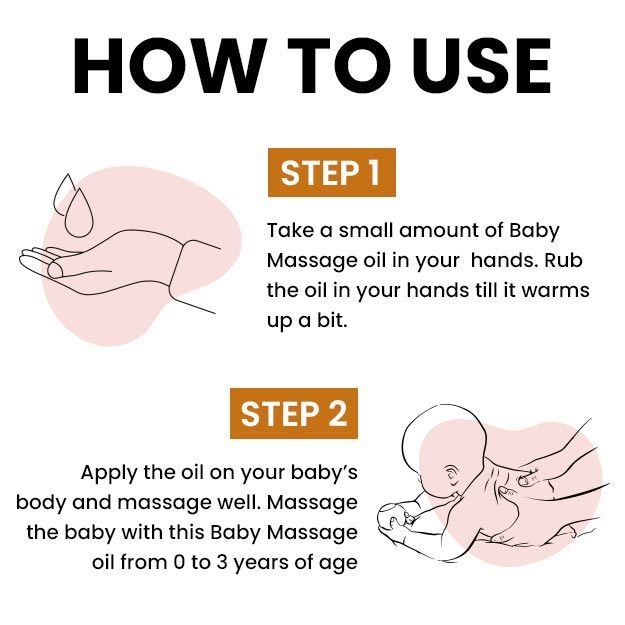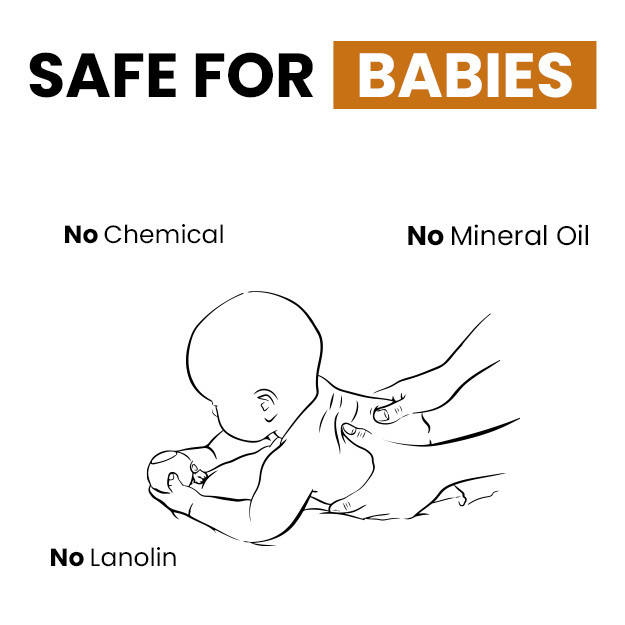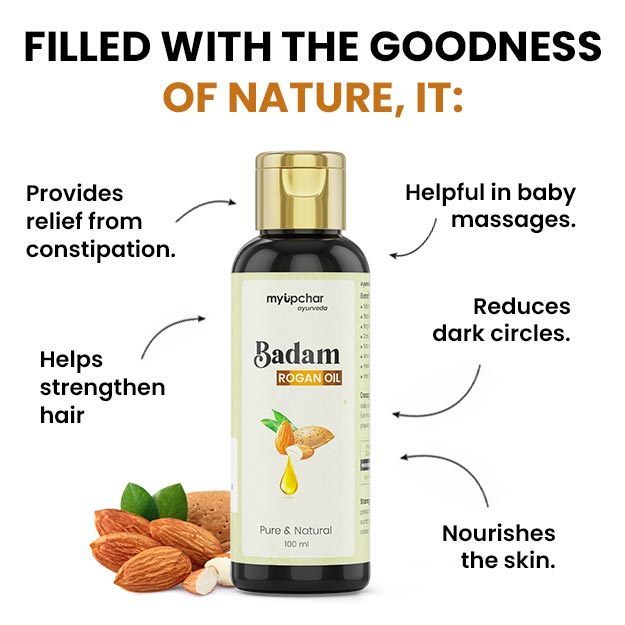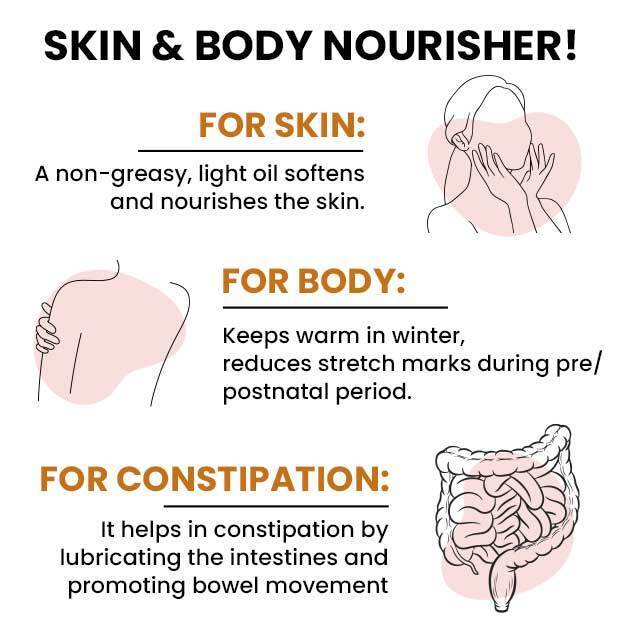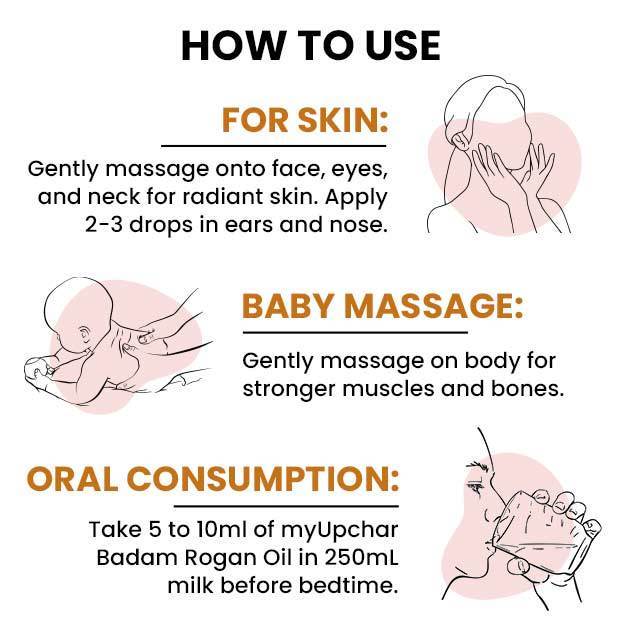Congratulations! Your baby is three months old now, and you should be able to enjoy life with your little bundle of joy even more at this stage. From sharing his or her first laugh to watching the baby try to grasp their favourite toys (or your face), there is a lot that is happening during this month. And while your baby is now more active, it also means that you will have to increase your engagement and make sure everything he or she needs for proper development is provided.
During this month, your baby’s feeding and sleep times will become more stable, and this means that you too will be able to get some more rest. But apart from making sure that your baby’s sleep, feeding and playtime is regulated, you also have to ensure that the environment in which your baby is growing is safe. As your baby grows up, he or she will be able to grasp objects, roll over and even push herself or himself forwards while lying on their tummy.
This clearly means that you’ll have to gradually expand the radius of baby-proofed areas. Additionally, the baby should be taken for regular checkups, and all the vaccinations needed during this stage should be administered. A number of health issues can show up during these early infant development stages, including the fear of Sudden Infant Death Syndrome (SIDS), so you should reduce the risks factors around the baby.
While you are constantly taking care of your newborn, it’s important to remember that you too need postnatal care. Since you will be breastfeeding frequently at this stage, you should regulate your diet and if you are worried about postnatal weight, then you should also start an exercise or activity routine. Remember that if you are healthy and active, you will be able to take better care of your baby and enjoy his or her infancy even more. Here’s everything you need to know about your baby at three months.





